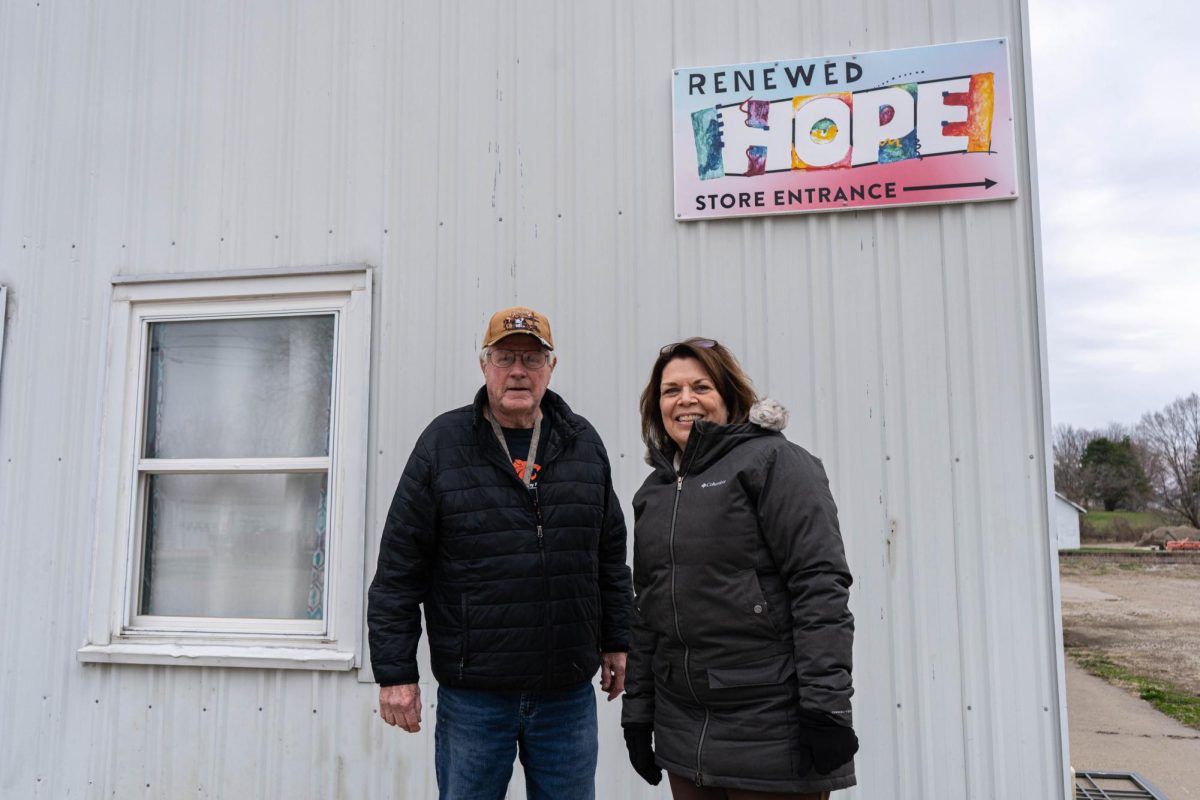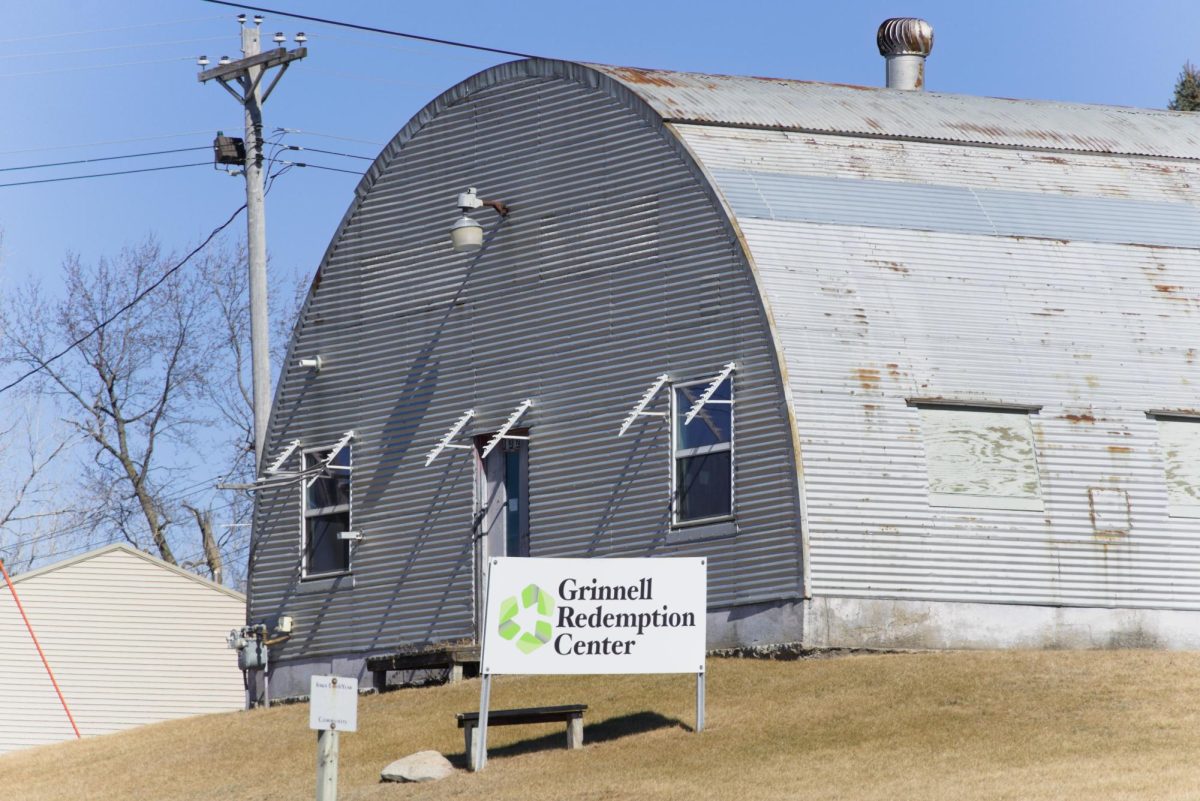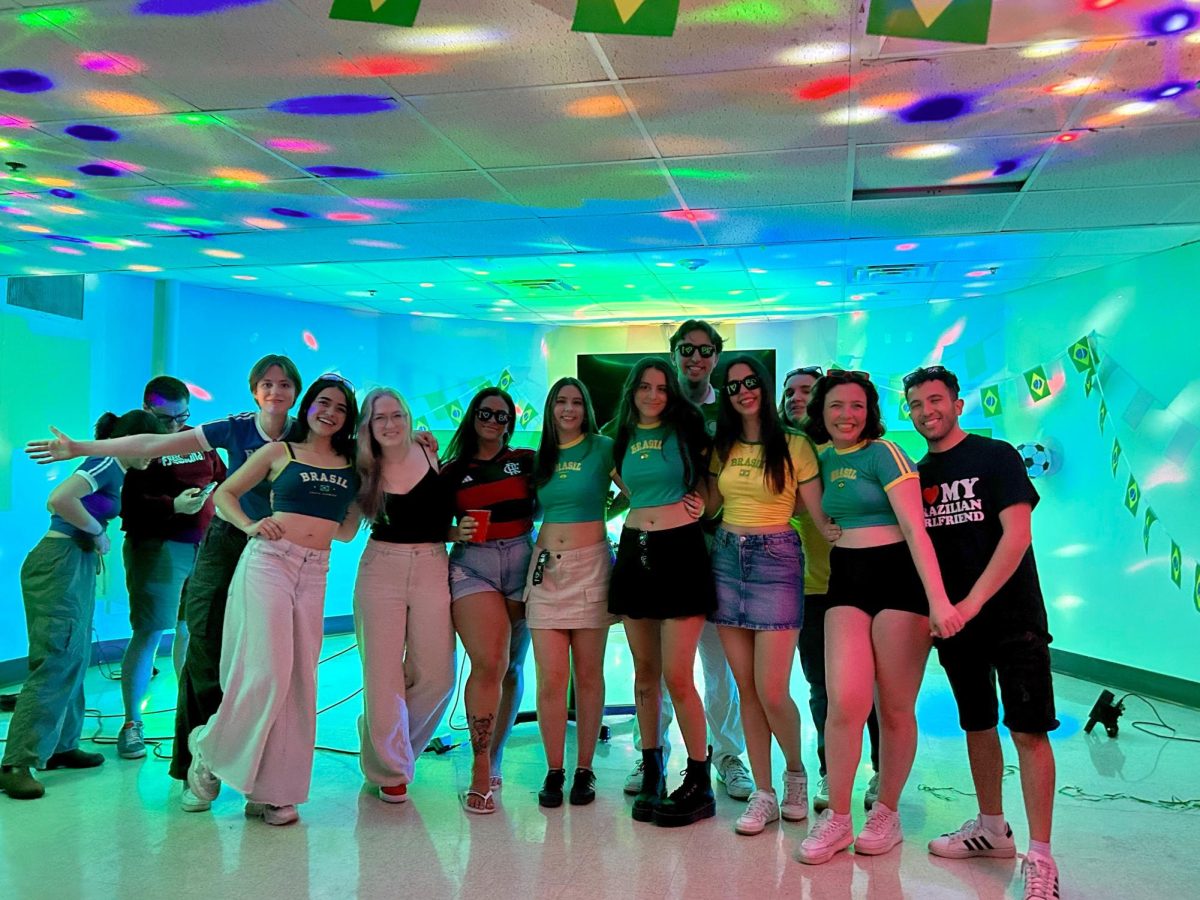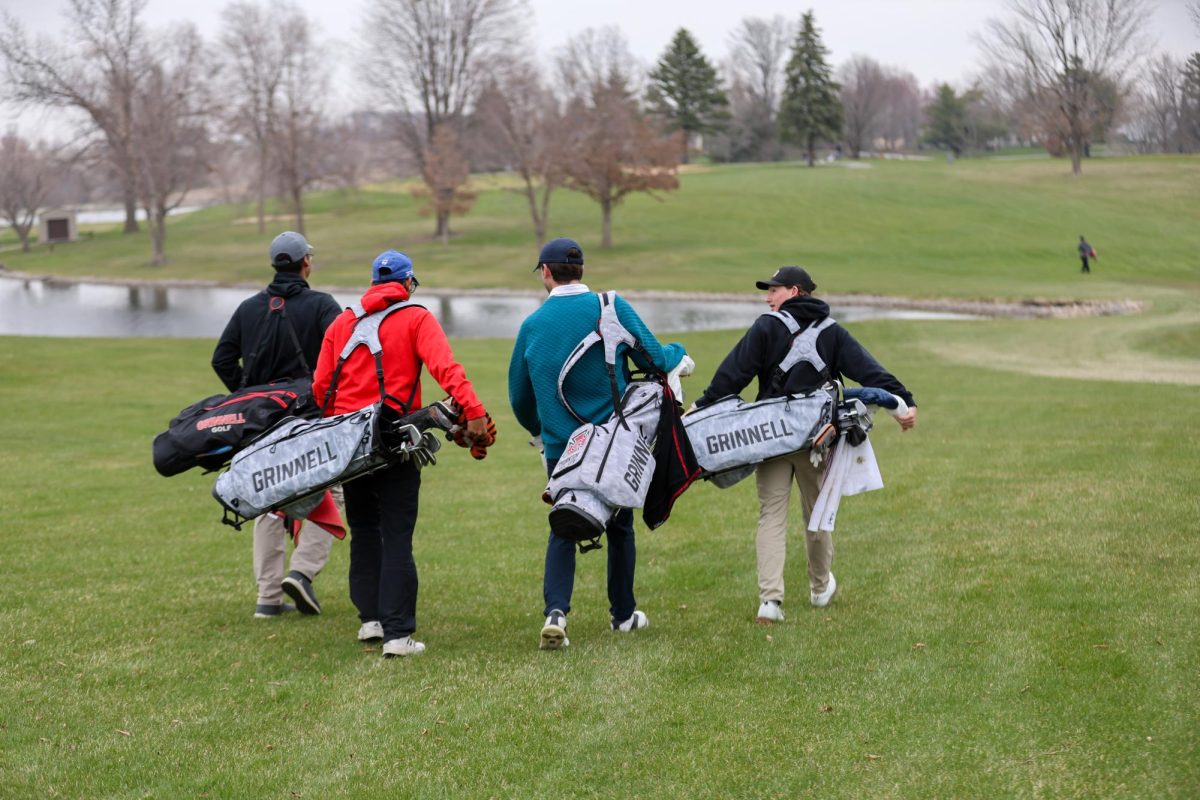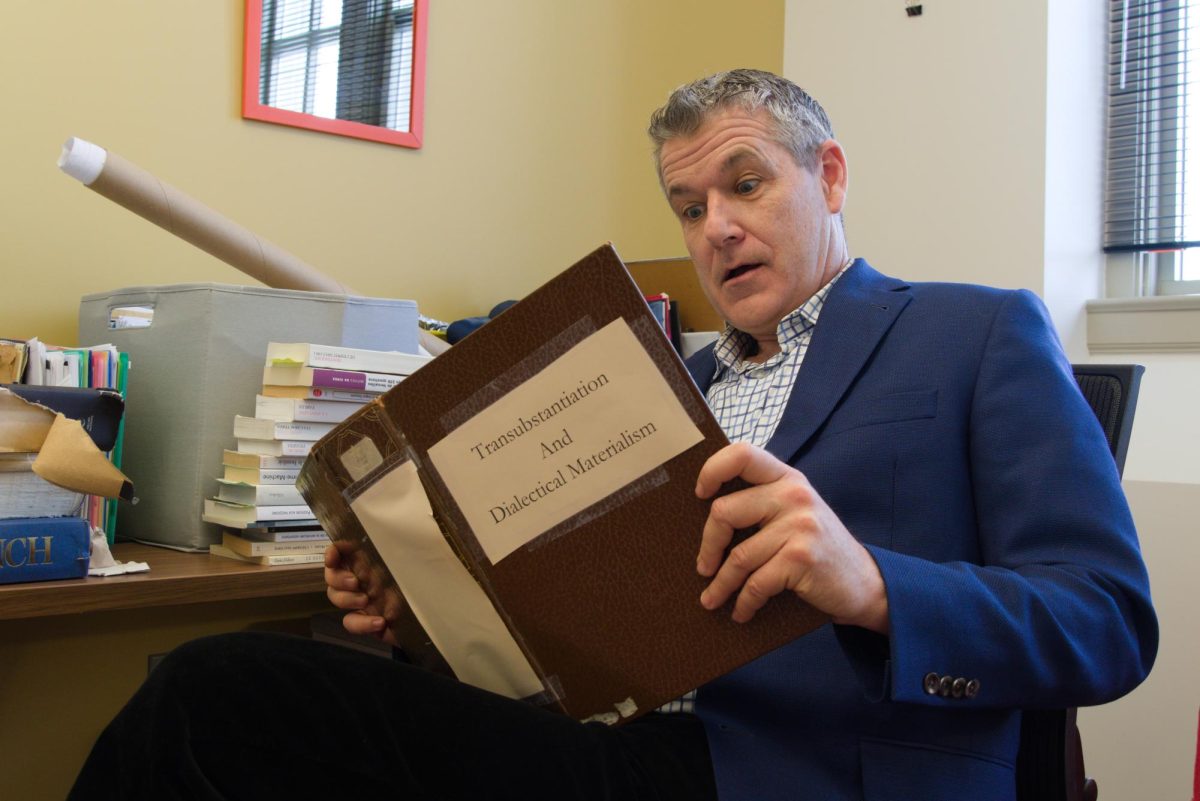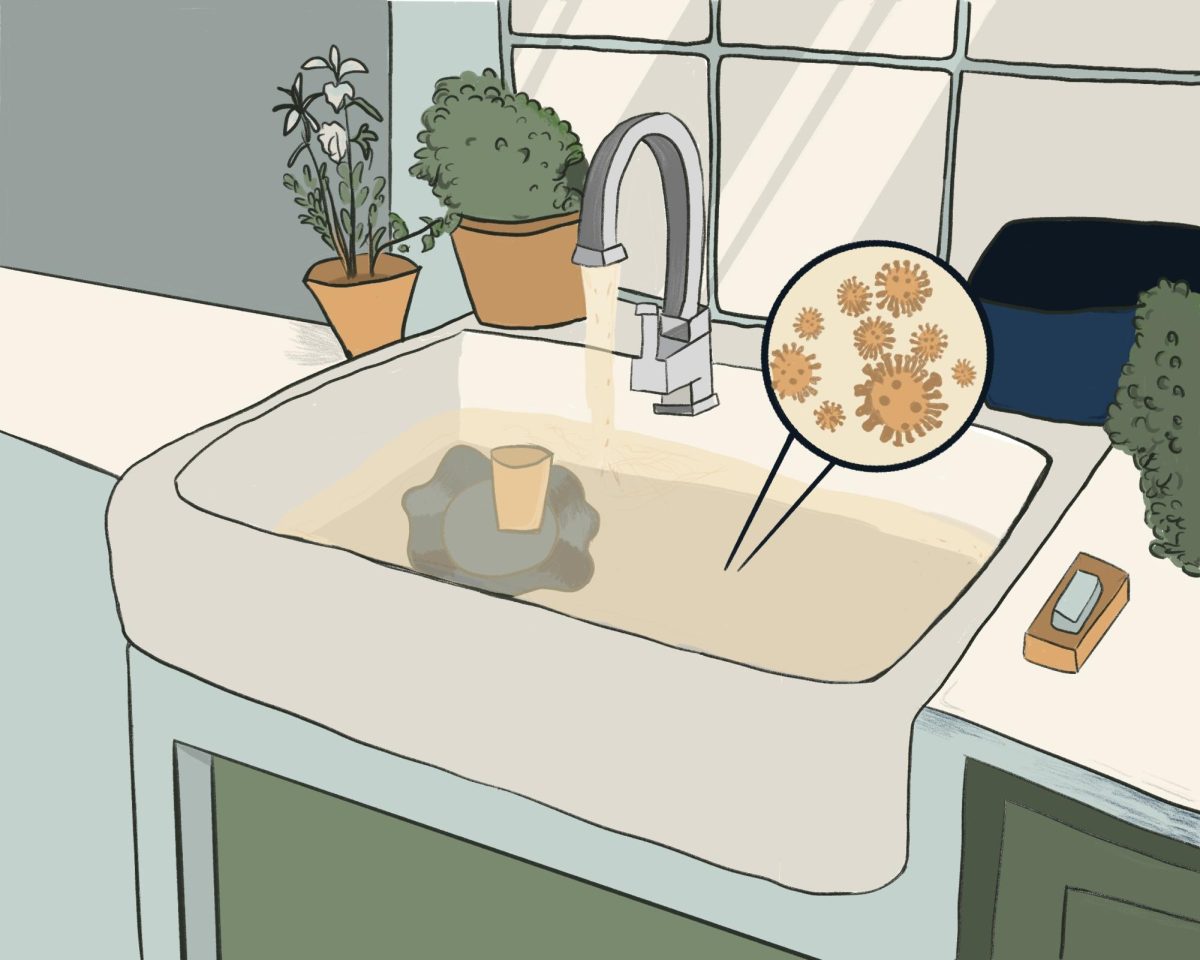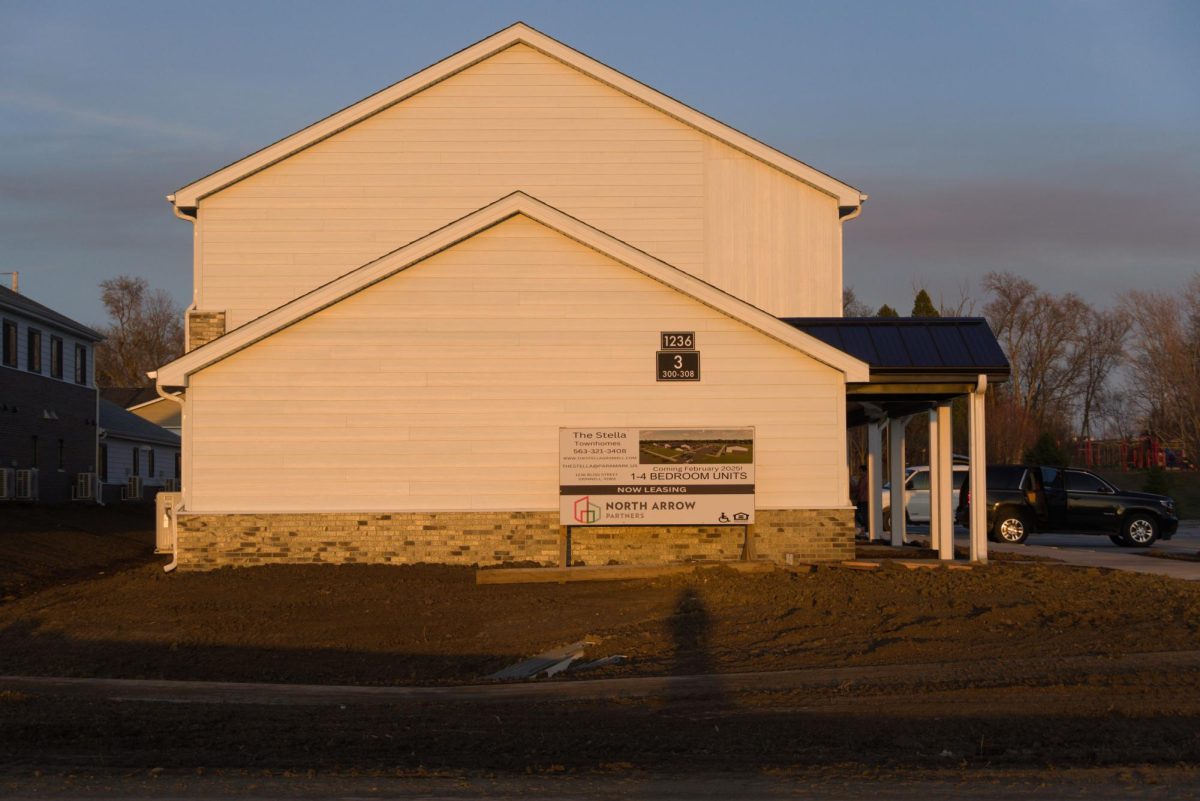The city of Grinnell is set to complete projects tackling Grinnell’s aesthetic water quality issues by summer 2027.
When the fire department drew water from hydrants to fight a Sept. 12 fire north of Grinnell, they stirred up sediments and byproducts in the distribution system, leading some residents to observe orange water in their homes.
Starting Monday, Sept. 23, City Water Director Keagan Richmond said the water department will be flushing out fire hydrants to reduce sediment buildup.
Richmond reported that the water department is currently working on long-term projects aimed at decreasing the water’s hardness, or its amount of dissolved calcium and magnesium.
“Most sources of water have hardness and we’re just not capable of removing it right now,” Richmond said. “It’s [the water] basically the same as it is when it comes out of the ground.”
According to Lee Sharpe, senior professor of biological chemistry, chemistry and environmental studies at the College, water hardness is not a health issue. However, it has other detrimental effects, such as water spots, oily hair and soap scum.
“You need more soap to lather up, because the soap is reacting with hard water, so that’s annoying,” Sharpe said. “You need to put more soap in your laundry to get the suds to wash your clothes. High levels of hard water can plug pipes over time … so the water company doesn’t want to maintain that level.”
Richmond said that the department has worked to replace outdated equipment in the last five years, including constructing a failsafe for the corroded pipe that connects the water plant with the water distribution system. He said there is still more for the department to do.
The planned projects include building a new water plant, raw water main, water tower, well and retrofitting an existing well. According to an April 2024 plan produced by the department, these changes should reduce water hardness by 68 percent.
“When those things are done, we’re going to be in pretty good shape,” Richmond said. “Our treatment plant right now, obviously, is not in very good shape. Water could pass through it. We could disinfect it. That’s pretty much it.”
The concentration of substances in Grinnell’s water is within legal limits, according to the 2023 water quality report. The legal limit of lead is 15 parts per million—Grinnell’s samples averaged out at 7.7 ppm. The legal limit of gross alpha, or radioactivity, is 15 picocuries per liter— Grinnell’s samples were 14 pCi/L.
“Nobody wants radium in their water,” Richmond said. “Nobody wants lead in their water. Nobody wants anything in their water, but it’s not an immediate health concern, and when the new plant is up, that will be eliminated.”
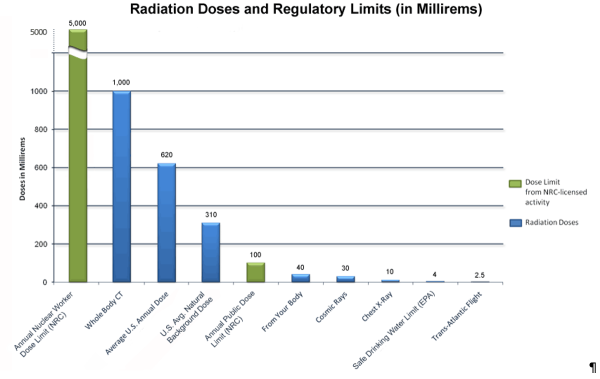
(Lee Sharpe)
The stirring-up of sediment may be ongoing, however. According to Fire Chief Dan Sicard, this happens about two to three times a year.
Sicard said the Sept. 12 fire involved 40 burning hay bales north of town.
“We had tanker trucks from Grinnell, Malcolm and Gilman that rotated back and forth from out front here [the Grinnell fire station],” Sicard said. “They’d fill up a fire hydrant and bring the water up to us, and we used about 20,000 gallons of water.”
Richmond said that the orange water contains more minerals but is safe to drink.
“Fire hydrants are dead ends in the water distribution system, and so if there’s sediment, iron corrosion, byproducts, things like that, they tend to settle in those areas,” Richmond said. “The first tanks of water that go out generally have that orange or brown color.”
Richmond said that if a fire occurs in the daytime, like the one on Sept. 12, there is a higher likelihood that people will draw up colored water because water usage is higher during that time. On Facebook, some Grinnell residents reported having their white laundry ruined.
The next flushing should continue until around Sept. 27, according to Richmond. Residents are advised to avoid running their hot water tap during that time, as that can introduce colored water into their water heaters.
The issue of water hardness will remain until the new projects are completed in 2027.
“It’s a challenge anywhere to produce quality water,” Richmond said. “Ours [Grinnell’s] might not be considered that at the moment because we’re not doing a whole lot to treat it.”









